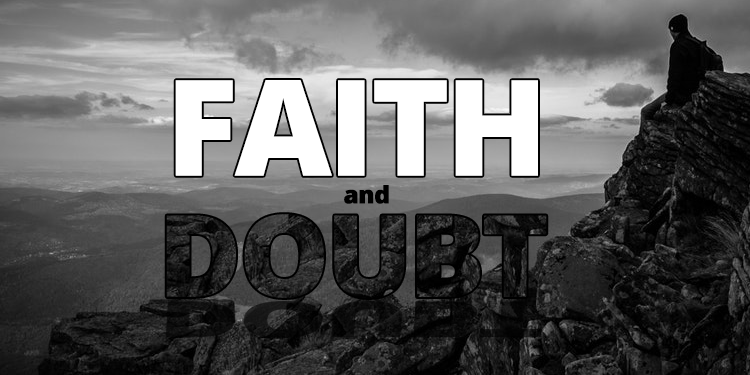
Bertrand Russell, the celebrated 20th century British philosopher, wasn’t shy about his atheism.
As he looked across the cosmos, he doubted the existence of a transcendent Being.
In his book Why I Am Not a Christian, Russell didn’t pretend that such a conviction provided humanity with any grounds for a feel-good assurance that life has ultimate meaning:
That Man is the product of causes which had no prevision of the end they were achieving; that his origin, his growth, his hopes and fears, his loves and beliefs, are but the outcome of accidental collocations of atoms; that no fire, no heroism, no intensity of thought and feeling, can preserve an individual life beyond the grave; that all the labors of the ages, all the devotion, all the inspiration, all the noonday brightness of human genius, are destined to extinction in the vast death of the solar system, and that the whole temple of Man’s achievement must inevitably be buried beneath the debris of a universe in ruins – all these things, if not quite beyond dispute, are yet so nearly certain that no philosophy which rejects them can hope to stand.
Only within the scaffolding of these truths, only on the firm foundation of unyielding despair, can the soul’s habitation henceforth be safely built.
As you might guess, there’s no such thing as a Bertrand Russell line of Hallmark greeting cards.
Russell might be regarded as the patron saint of 2020 – a year in which more than a few people began to imagine their lives as being built on “the firm foundation of unyielding despair.”
Religious people don’t often talk about it, but they have their doubts, too.
Doubt, in some quarters, is treated as a kind of unforgiveable sin. “Don’t ask questions, just believe” is the mantra of all too many spiritual communities. After all, how can you describe yourself as a “person of faith” if you don’t have faith? Therefore questioning is squelched. Second thoughts are dismissed. What remains is Archie Bunker’s caricature of religion from an episode of All in the Family: “Faith is believing what you know can’t possibly be true except that it’s in the Bible.”
We need a healthier understanding of doubt – one that honors our freedom to ask questions, search for truth, and embrace our God-provided rationality.
Doubt (as evidenced by its etymological cousin “double”) means to be in two minds – to be torn between two convictions.
Doubt is not necessarily sin or disobedience. Some of the Bible’s most celebrated heroes – Abraham, Jacob, Moses, David, Jeremiah, Job, Thomas, and John the Baptist – were world-class doubters.
Most importantly, doubt is not the opposite of faith. The opposite of faith is unbelief – the stark refusal to believe. Similarly, the opposite of bravery is not fear. The opposite of bravery is cowardice. Just as fear is “bravery under pressure” (something firefighters know all too well, even as they plunge into burning buildings), doubt is “faith under pressure.”
No one who has spent much time in the fog of doubt, however, would say it’s a fun place to be.
The issue is what happens next. Are our doubts condemning us to run in place, or taking us somewhere?
In his book Hidden Christmas, pastor Tim Keller observes that all doubts are not created equal. “There is a kind of doubt that is the sign of a closed mind, and there is a kind of doubt that is the sign of an open mind. Some doubt seeks answers, and some doubt is a defense against the possibility of answers.”
It’s clear that Bertrand Russell fell into the second category. Having once concluded that God could not possibly exist, he only acknowledged “evidence” that backed up his prior convictions.
On this, the final day of a year like no other, some of us are plagued by doubts. We find ourselves in two minds.
What should we think about 2021? We’re torn between trust and fear; expectation and dread; cynicism and hope. Is there anything we can know for sure?
We can know for sure that Hebrews 13:5 will still be in our Bibles at midnight: “God has said, ‘Never will I leave you; never will I forsake you.’”
Will that promise make a difference in the lives of real people over the next 24 hours?
No doubt about it.
